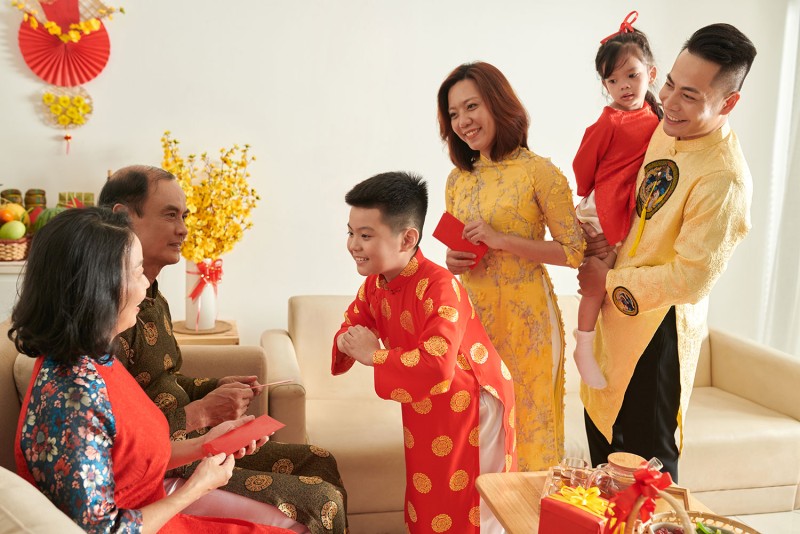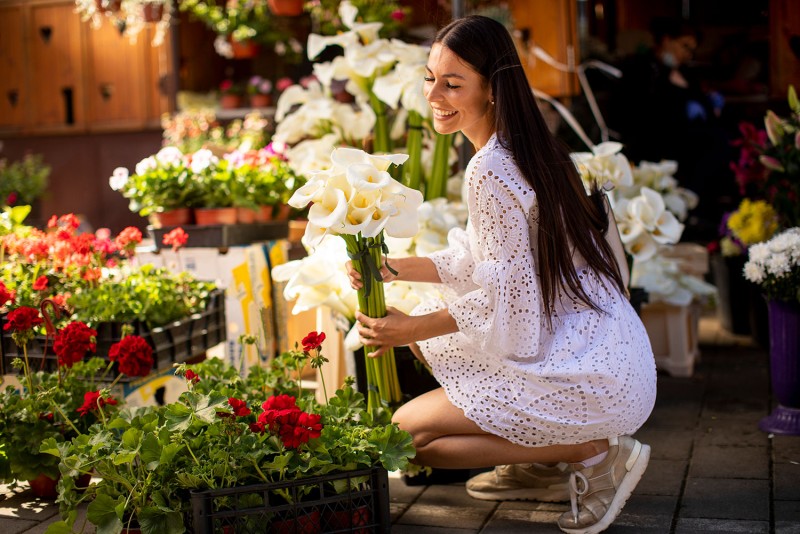Vietnam's vibrant culture is enriched by a tapestry of festivals, many tied to the lunar calendar. For newcomers, these celebrations can be dazzling and confusing. This guide unpacks Tết Nguyên Đán, Vietnam's biggest and most significant festival, offering a glimpse into its traditions and how to experience it authentically.
Tết Nguyên Đán: A Celebration of Renewal
Marking the Lunar New Year, Tết Nguyên Đán (pronounced "tet n'guen daan") is a week-long extravaganza, usually falling in late January or February. It's a time for families to reunite, honor ancestors, and usher in fresh beginnings.
Key Traditions
-
Spring Cleaning: Homes are meticulously cleaned, symbolizing a fresh start for the year.
-
Ancestor Veneration: Families gather at altars to pay respect to deceased relatives, offering food and prayers.
-
Lucky Money: Children receive red envelopes containing "lì xì" (lucky money) for good fortune in the coming year.
-
Lion Dances & Firecrackers: Festive dances and booming firecrackers ward off evil spirits and bring prosperity.
-
Feasting & Family Gatherings: Large, multi-course meals are prepared, featuring traditional dishes like bánh chưng (sticky rice cakes) and bánh tét (cylindrical rice cakes).

Experiencing Tết Nguyên Đán
-
Visit a Flower Market: Immerse yourself in the vibrant flower markets overflowing with blooms symbolizing luck and prosperity.

-
Watch a Lion Dance: Catch a lively lion dance performance, believed to bring good fortune to businesses and homes.
-
Attend a Temple Ceremony: Witness a traditional ceremony at a Buddhist temple, soaking in the sights, sounds, and spiritual significance.
-
Join a Family Feast: If invited by a local family, participate in the Tết festivities and enjoy a delicious homemade feast. (Be sure to bring a small gift for the host.)
-
Enjoy the Festive Atmosphere: Wander through decorated streets, vibrant with red and gold colors, and soak in the joyous atmosphere.
Respectful Participation
-
Dress modestly: Opt for long pants or skirts during temple visits.
-
Remove shoes: Take off your shoes when entering homes or pagodas.
-
Offer a small red envelope (optional): If you're incredibly lucky to be invited to a family gathering, you might consider offering a small red envelope containing a symbolic amount of money to children.
-
Observe and ask politely: Be curious and respectful of traditions. If unsure, ask questions in a polite manner.
Tết Nguyên Đán is an unforgettable experience, offering a window into Vietnamese culture and traditions. Embrace the spirit of renewal, enjoy the festivities, and create lasting memories!



